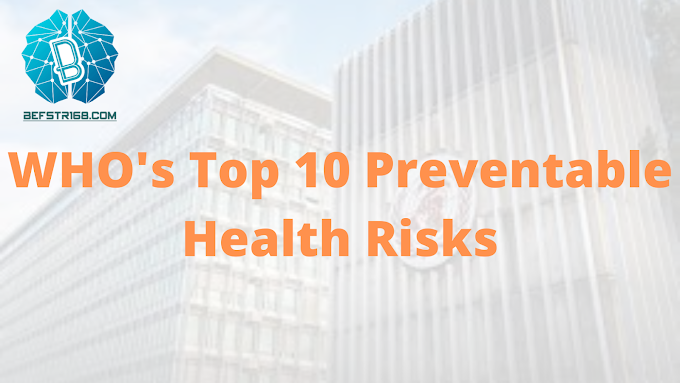The deciding factor for most people when it comes to a mortgage is the interest rate. While rates are constantly changing and are subject to fluctuation, this blog post will explain what the best mortgage rates are right now and how you can get them.
What is the Average Mortgage Rate?
The average mortgage interest rate in the United States is 4.21%, although rates can vary greatly depending on the type of loan, the loan term, and the borrower’s credit history. For instance, someone with excellent credit could get a 30-year fixed-rate mortgage for 4.25% from one lender, while another lender might offer a 5/1 adjustable-rate mortgage (ARM) for 3.75%.
To get an idea of where30-year fixed-rate mortgages are currently being offered, Freddie Mac’s Primary Mortgage Market Survey® reports that the average interest rate for a conforming 30-year fixed-rate mortgage rose slightly to 3.75% in July 2019 from 3.73% in June. The average interest rate for a jumbo 30-year fixed-rate mortgage also increased, rising to 4.08% from 4.05%.
Meanwhile, 15-year fixed-rate mortgages averaged 3.22% in July 2019, unchanged from June; and 5/1 ARMs averaged 3.46%, down slightly from 3.47% in the previous month.
Average mortgage rates can vary significantly over relatively short periods of time, so it’s important to stay up to date on where rates are at before beginning your home search or starting the refinance process. This way you can budget accordingly and make sure you get the best deal possible on your
How to Get the Best Home Loan Deal
When you're ready to buy a home, the first thing you'll need to do is get pre-approved for a mortgage. This will give you an idea of how much house you can afford and what kind of interest rate you can expect to pay. Once you've been pre-approved, it's time to start shopping for your home loan.
There are a few things to keep in mind when shopping for a home loan:
1. Interest Rate: The interest rate on your home loan is important because it will affect your monthly payment. You'll want to compare rates from several lenders to make sure you're getting the best deal.
2. Loan Term: The loan term is the length of time you have to repay the loan. shorter terms usually have lower interest rates, but they also mean higher monthly payments. Longer terms give you more time to repay the loan, but they also come with higher interest rates.
3. Down Payment: The down payment is the amount of money you'll need to put down up front when you purchase your home. A larger down payment will lower your monthly payments, but it will also increase the amount of money you'll need to finance.
4. Mortgage Insurance: If you put less than 20% down on your home, you'll likely be required to purchase mortgage insurance. This insurance protects the lender in case you default on your loan and can add hundreds of dollars to your monthly payment.
5 . Points: Some lenders will offer to lower your interest rate if you pay "points" up front.Paying points can save you money over the life of the loan, but it will also increase your upfront costs.
6. Pre-Payment Penalty: Some lenders charge a fee if you pay off your loan early. This fee is typically a percentage of the remaining loan balance and can add hundreds or even thousands of dollars to your cost of paying off the loan early.
7. Origination Fee: The origination fee is a one-time fee charged by the lender to cover the cost of processing your loan application. This fee can vary greatly from lender to lender, so be sure to ask about it up front.
8. Discount Points: Discount points are fees paid to the lender at closing in exchange for a lower interest rate on your loan. Paying points can save you money over the life of the loan, but it will also increase your upfront costs.
Mortgage Rates Today The Latest Updates
Mortgage rates today are at an all-time low and show no signs of rising anytime soon. If you're thinking about buying a home or refinancing your current home loan, now is the time to act!
-The type of home you're buying (single family, condo, etc.) will also affect your interest rate.
-The size of your down payment will also affect your interest rate. A larger down payment means a lower rate.
If you're in the market for a new home loan, now is a great time to lock in a low rate. Mortgage rates are currently at historic lows, so it's a good time to compare deals and get the best possible rate for your new home loan.
There are plenty of great deals out there, so make sure you compare different lenders and find the one that offers you the best deal. Once you've found the right lender, don't hesitate to lock in your rate and get started on the process of buying your new home.





.png)
